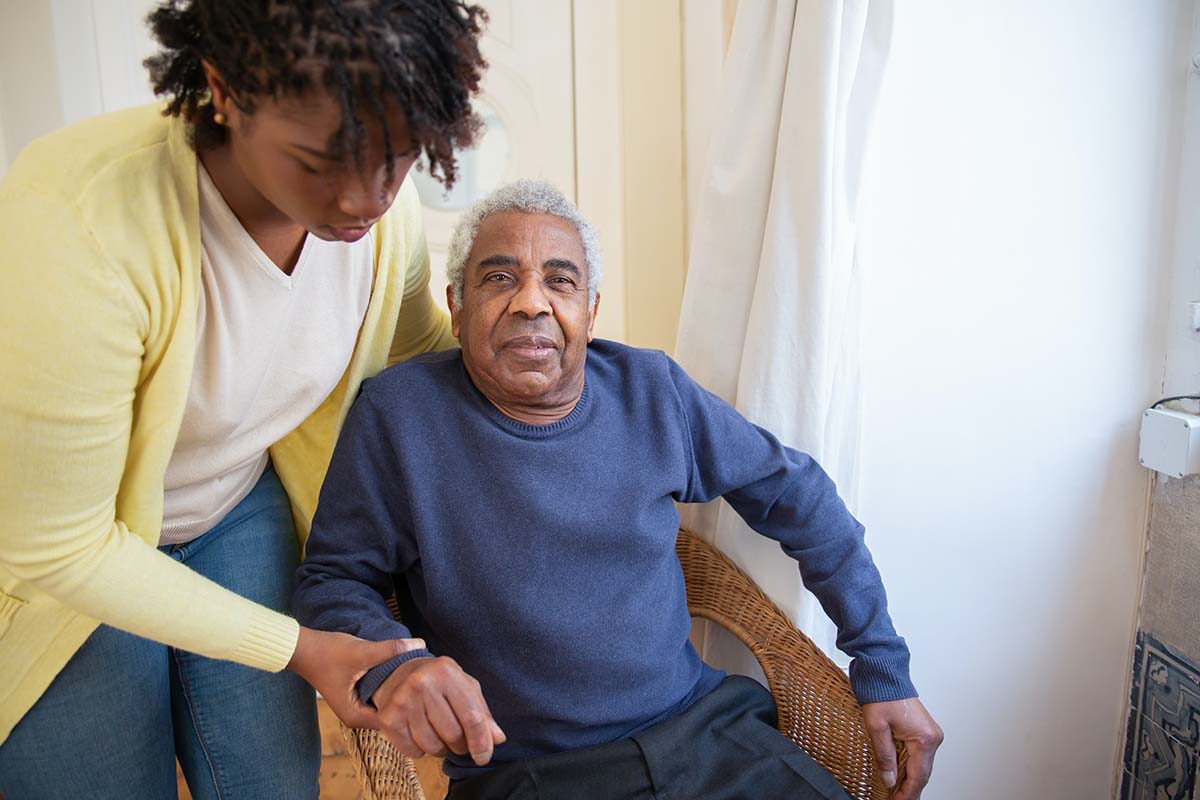5 Benefits of In-Home Care
For many seniors, it is difficult to admit when they need help. The realization that your body isn’t able to do what it once could or that your mind isn’t as sharp as it once was is overwhelming, discouraging, and frightening.
For the people who care for these seniors, typically children or other relatives, it is disconcerting to know that your aging loved one is living at home alone because you know that they can’t safely do everything that needs to be done, such as cooking, cleaning, or safely taking their medications. Yet, the conversations around moving to a nursing home or other residential care facility are usually fraught with tension.
Seniors are often hesitant to leave anything familiar, both from a sense of comfort and because they’re afraid of feeling lonely. But their children are unable to be with them all the time because of their family obligations.
In home care Sydney is an affordable option that should be considered because it has many benefits for seniors. Here are five reasons that in-home care could be suitable for your family.
Stay Home
When an aging loved one begins to become forgetful, it frightens them. This fearfulness often leads to a desire to stay home more and more in a comfortable and familiar environment, thus a particular rejection of any suggestion of moving.
In-home care allows your beloved seniors to stay where they are comfortable and still get the care they require. In-home nursing staff are registered nurses and trained aides who can help dispense medications, coordinate physical therapy, and other appointments, and help the client with personal care such as bathing and dressing.
Involve Family
In-home care allows family members to be still involved in the care of the client. If your family member moves to a nursing home, it may not be as convenient to drive to the facility as it is to go to their house.
When a home care nurse or aide comes to the client’s home, they get to know the family dynamics and become members of the care team who can contribute specialized skills. Families want to care for their own, but sometimes the demands are too great.
Home health care does not remove family involvement but instead builds in an additional layer of support.
Get One-on-One Attention
In a residential facility or a hospital, your loved one won’t have access to a nurse, aide, or family member as quickly as they would at home. Because help comes to the senior, the carer gets to know your family member on a personal level.
This one-on-one attention that comes with a home care of Philadelphia provider is hugely beneficial because when a carer has a personal relationship with their client, they are more likely to notice when something is wrong. If your aging loved one is depressed, seems unwell, or is particularly forgetful, the people who will see quickly are those who know them well.
Have Companionship
Since in-home carers visit daily, sometimes for several hours, your family member has a companion. Aging people are often lonely because partners or friends have passed away, and it is difficult for them to leave the house to make new friends. Companionship is vital for your loved one’s mental health.
Carers help with daily tasks and medications, but they will talk with their clients, read to them, play games, or take them for exercise. This level of care makes the client’s family members feel confident that their loved one is living life well.
Benefits of In-Home Care: Feel Confident
An in-home carer gives confidence to their client as well as to that client’s family. Sometimes, for the family, it’s the simple knowledge that someone is with the senior during the day or night and isn’t alone.
The seniors are confident that they will be safe in their home because they have help available and don’t feel pressure to complete tasks that they know aren’t safe for them to do.
When discussing care or help for an aging family member, in-home care is an affordable option that many seniors prefer.
In-home carers give your senior the confidence to continue to live in the comfort of their own home and allow family members to be involved without neglecting their own lives and families.




















